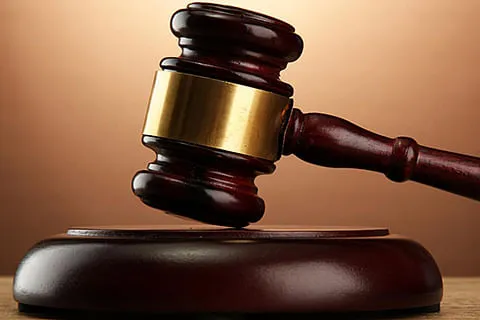J&K High Court has ruled that once cognizance of an offence is taken by a magistrate, investigation cannot be ordered under section 156(3) of Criminal Procedure Code (CrPC).
“Once a magistrate takes cognizance of the offence, he is, thereafter, precluded from ordering an investigation under Section 156(3) of the Code,” a bench of Justice Ali Muhammad Magrey.
The Court issued the direction after allowing a petition against an order by a Srinagar judicial magistrate. On May 11, the judicial magistrate had directed the SSP Srinagar to investigate a complaint against an executive magistrate and others, before issuing process on it. The complaint was filed for the alleged offences under sections 166, 166-A, and 167, 354, 201, 209 and 120-B IPC.
After the SSP filed the inquiry report, the judicial magistrate on June 25 while observing that the SSP Srinagar had not taken any action in the matter, directed him to take action under the provisions of Section 156(3) of CrPC.
The aggrieved officer challenged the June 25 order before the High Court. After examining the trial court records order, the Court said the judicial magistrate has issued directions to the SSP Srinagar for investigation under section 156(3) of the Code, ignoring the very spirit of the law.
“The direction under section 156(3) is to be issued, only after application of mind by the magistrate,” the Court said.
“When the magistrate does not take cognizance and does not find it necessary to postpone instance of process and finds a case made out to proceed forthwith, direction under the said provision is issued,” the Court said.
In the present case, the Court said, the magistrate took cognizance and postponed the issuance of process as the magistrate had yet to determine existence of sufficient ground to proceed.
“Therefore, the magistrate has abused the process of law by not adhering to the procedure,” The Court said. “Powers under section 156(3) can be invoked by the magistrate at a pre-cognizance stage, whereas powers under section 202 of the Code are to be invoked after cognizance is taken on a complaint, but before issuance of process.”
Meanwhile observing that the view taken by the magistrate was inconsistent with law, the Court said: “It has become necessary to send copy of the order to Registrar General of this Court for requesting the Director, Judicial Academy to arrange the training session on the subject for all the magistrates in Union Territory of Jammu and Kashmir and Union Territory of Ladakh in phased manner”.






